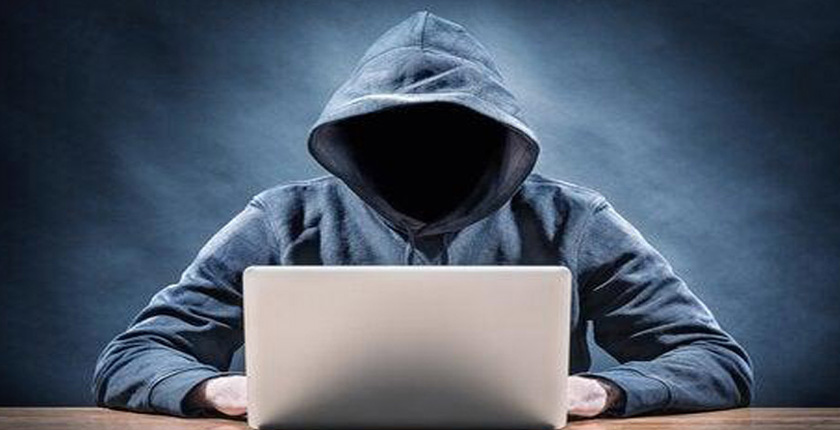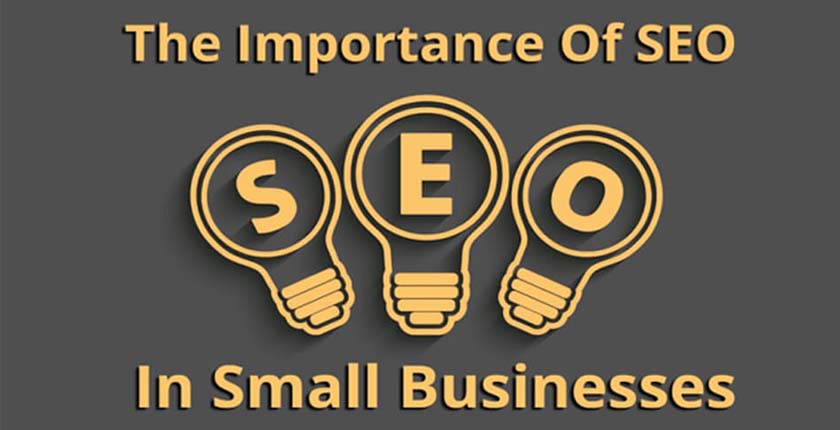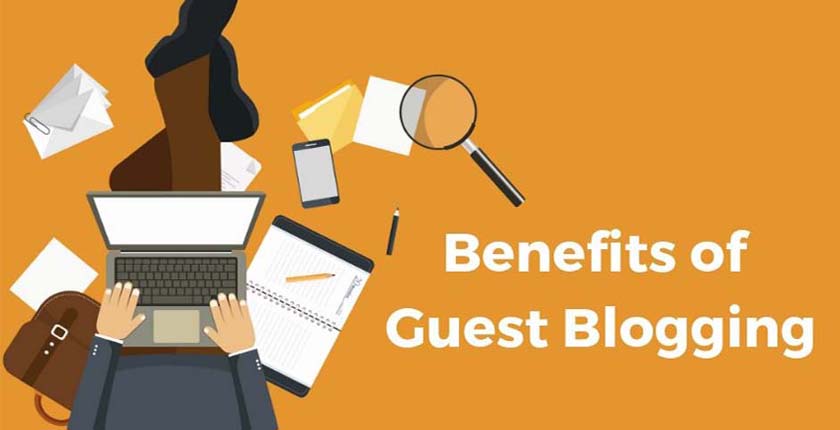Social media accounts play a vital role in personal and business needs in today’s world, whether running and managing some social media pages or the YouTube channel itself. Also, not to forget that many people get their social media accounts hacked every year and hence lose all of their followers and data from that particular account.
No one would like to lose their followers, friends, and families on social media platforms, and they also do not want to lose the private conversation they had with them. But now that question is, how can you protect your social media accounts from being hacked? Read the article thoroughly to know about the tips and tricks and utilize them to secure your accounts.
Tips to Protect your Social Media Accounts From Being Hacked
These tips will help you avoid having your social media accounts hacked.
1. Don’t click on unfamiliar links
You might sometimes get links from people who tell you to click on the link and increase followers fast, earn some money from the link, etc. These kinds of links, in most cases, are phishing links. A phishing attack is a hacking attempt in which the sender sends you a link via message or emails you an attachment containing the hyperlink.
It is a tricky way of visiting some masquerading websites like fake Facebook pages, which look the same as the real ones. Once the user enters the credential data, it is then sent to the hacker, which they use afterward in many different ways. Phishing is also classified as one of the most accessible means of hacking as anyone with basic knowledge can create a link and hack any account. Stay alert!
2. Make sure your password is strong
According to some research, more than 80% of cyber security attacks result from weak or stolen passwords. So, it is a must to choose a strong password while creating your account on any website. You also get to see the suggestion for building a strong password while creating an account. Worried about how to create a strong password? Here are a few tips for you:
- Try and use at least eight characters for your password.
- Use the combination of letters, numbers, and special symbols as well.
- You can also use uppercase and lowercase letters to make it a bit more strong.
But, it could be challenging to remember such strong passwords. In that case, you can either write them down in some physical notebook or use a reliable password manager tool.
3. Make use of two-factor authentication
Two-factor authentication, most commonly known as 2FA, is one of the best options for securing and protecting your social media accounts. It is the most secure way to do so because even if the hacker knows your account credentials, they won’t be able to log in to your account without you allowing them to. Before logging in, they need to enter a PIN that you’ve set previously. You can see the 2FA feature in almost every social media platform available so far. So, you can quickly turn this feature on and secure your account from any malicious users.
4. Make sure you are careful when using third-party applications
Do you often see “Log in with Facebook” or “Log in with Google” options while creating a new account? Or do you see them in any third-party applications? You might because it is standard practice and is much more convenient for users. But make sure to do proper research before using these applications, which require any social login option.
You should do this to protect your social media accounts and payments. While making online payments, you must ensure whether or not the website is reliable enough, be it Payoneer, PayPal, or any other website. A trusted website would never ask you to put your Facebook login directly, and instead, it would provide you with a Login with Facebook or Google button.
5. Use an email address instead of a phone number
Are you using your phone number as a primary address to log in to your social media accounts? If so, you must change it asap and use an email address as a primary address instead. Let me give you an example of choosing an email address over a phone number.
If you create an account using a phone number, anyone could quickly get your credentials and use your account as if it’s theirs. There could be a chance that any of your friends or cousins will come to your place and try to log in to your account through their device. In that case, they can get a login code from your device and log in through their device. This might be vulnerable enough. But if you use email as a primary address, they will have to enter your password rather than the login code itself. This way, you can secure your account from being hacked, and no one can spy on your messages at all.
6. Make sure you change your passwords regularly
To add an extra layer of security to your social media accounts, you can also change the password frequently and keep it safe with yourself. Doing so helps to prevent constant access, limits the access gained by keystroke loggers, and many more. By saying it frequently, you don’t have to change it daily or weekly. Suppose you feel any unusual activity in your account or the social media platform seems to be compromised in a data breach. In that case, you can immediately change the password and secure your account.
7. Create an email exclusively for social media
Creating and using an exclusive email for social media also adds up a layer to your social media safety. By doing so, if by any chance your email gets hacked, the hackers at least won’t be able to access your social media accounts and track all of your details. This way, you can keep all of your valuable information safe and save it to yourself as well.
Also Read: Importance of SEO for Small Business
Final words
Today, using social media is essential in everyone’s daily life. Many people use it not just for fun or communication but also to handle their online businesses, social media marketing, and many more. Before doing so, you must protect your social media accounts from being hacked and secure them as much as you can. You’re good to go, after all!



